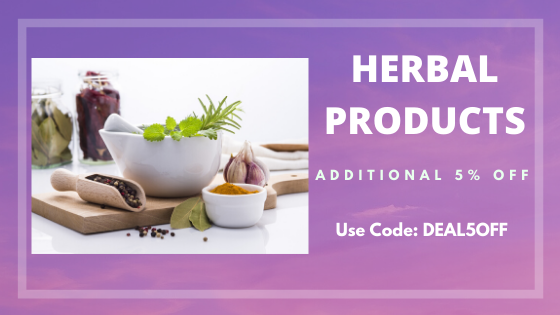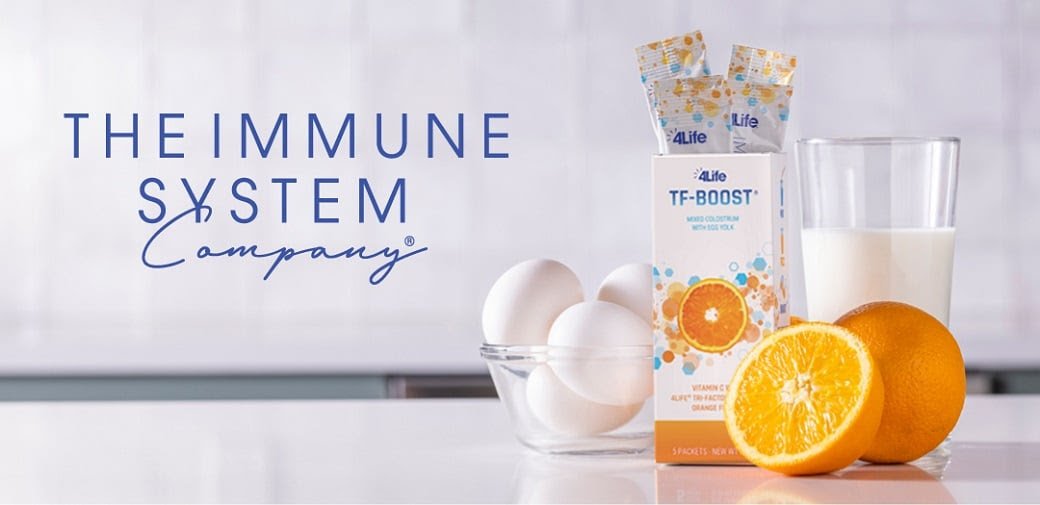[ad_1]

As a beauty enthusiast, I have always been curious about the ingredients in my hair products. One ingredient that has been a topic of debate in the hair care industry is Sodium Lauryl Sulfate (SLS). In this article, I will dive deep into what SLS is, its effects on your hair and scalp, the benefits of sulfate-free shampoos and conditioners, and how to choose the best sulfate-free products for your hair type.
Introduction to SLS in Shampoo
Before we dive into the effects of SLS on your hair, let’s first understand what it is. SLS is a surfactant that is commonly used in shampoos, toothpaste, and other personal care products. It is responsible for creating the lather that we all love in our shampoos. However, it has been a controversial ingredient in the hair care industry due to its potential negative effects on the hair and scalp.
What is SLS in Shampoo?
SLS is a synthetic surfactant that is derived from petroleum. It is added to shampoos to help remove dirt and oil from the hair. When mixed with water, it creates a foamy lather that helps to distribute the shampoo throughout the hair. SLS is a very effective surfactant, which is why it is used in many personal care products.
The Effects of SLS on Your Hair and Scalp
While SLS is effective at removing dirt and oil from the hair, it can also have some negative effects on your hair and scalp. SLS has been known to strip the hair of its natural oils, which can lead to dryness, breakage, and split ends. Additionally, it can also cause irritation and inflammation of the scalp, leading to dandruff and other scalp conditions.
Benefits of Sulfate-Free Shampoos and Conditioners
Sulfate-free shampoos and conditioners are becoming increasingly popular due to their potential benefits for the hair and scalp. These products are formulated without SLS and other harsh surfactants, which means they are gentler on the hair and scalp. They are also less likely to cause dryness and irritation, making them a great option for those with sensitive skin or scalp conditions.
Another benefit of sulfate-free shampoos and conditioners is that they are less likely to cause color fading. SLS and other harsh surfactants can strip the hair of its natural oils, which can cause hair color to fade more quickly. Sulfate-free products are gentler on the hair, which means they can help to preserve hair color for longer.
Common Misconceptions about SLS in Shampoo
There are many misconceptions about SLS in shampoo that have caused confusion among consumers. One of the most common misconceptions is that SLS causes cancer. However, there is no evidence to support this claim. SLS has been extensively studied and has been deemed safe for use in personal care products by regulatory agencies around the world.
Another misconception is that SLS is the only ingredient that can create a foamy lather in shampoo. While SLS is a very effective surfactant, there are many other surfactants that can be used to create a lather in shampoo. Some examples include Cocamidopropyl Betaine, Sodium Cocoamphoacetate, and Decyl Glucoside.
How to Choose a Sulfate-Free Shampoo and Conditioner
When choosing a sulfate-free shampoo and conditioner, it is important to consider your hair type and any specific hair concerns you may have. For example, if you have dry, damaged hair, you may want to look for a sulfate-free shampoo and conditioner that is formulated with moisturizing ingredients like coconut oil or shea butter.
If you have fine hair, you may want to look for a sulfate-free shampoo and conditioner that is lightweight and won’t weigh your hair down. Look for products that are labeled as “volumizing” or “lightweight” to ensure that they are suitable for your hair type.
Best Sulfate-Free Shampoos and Conditioners for Your Hair Type
There are many great sulfate-free shampoos and conditioners on the market that are suitable for a variety of hair types. Here are some of the best sulfate-free shampoos and conditioners for different hair types:
How to Transition to Sulfate-Free Products
If you have been using traditional shampoos and conditioners that contain SLS, it can take some time for your hair to adjust to sulfate-free products. During the transition period, you may experience some dryness or oiliness as your hair adjusts. Here are some tips for making the transition to sulfate-free products:
- Start by using a sulfate-free shampoo and conditioner once a week and gradually increase the frequency as your hair adjusts.
- Avoid using other hair products that contain SLS, such as styling products or dry shampoo.
- Consider using a clarifying shampoo once a month to remove any buildup from your hair.
Alternatives to Sulfate-Free Shampoos and Conditioners
If you have tried sulfate-free shampoos and conditioners and find that they don’t work for your hair, there are other alternatives that you can try. Some people prefer to use natural or organic shampoos and conditioners that are free from synthetic surfactants. Others opt for co-washing, which involves using conditioner to cleanse the hair instead of shampoo.
Conclusion
In conclusion, while SLS is an effective surfactant that is commonly used in shampoos, it can have negative effects on your hair and scalp. Sulfate-free shampoos and conditioners are a great alternative that can help to mitigate these effects. When choosing a sulfate-free product, it is important to consider your hair type and any specific hair concerns you may have. With the right product and some patience during the transition period, you can achieve healthy, beautiful hair without the use of SLS.
Source link

